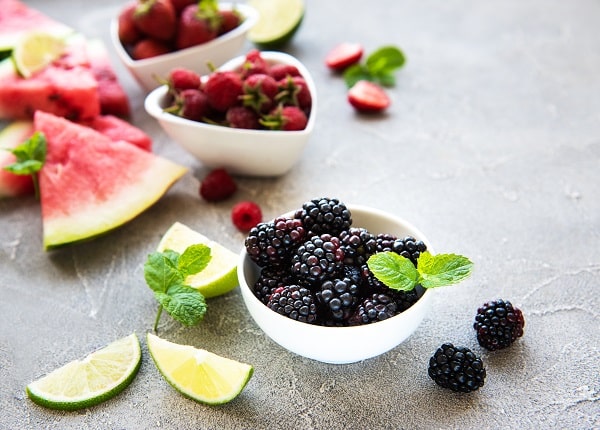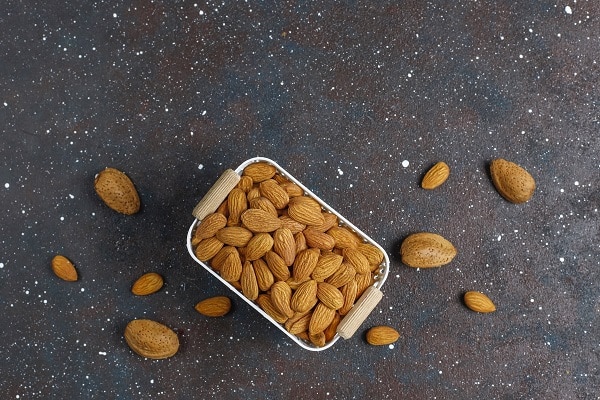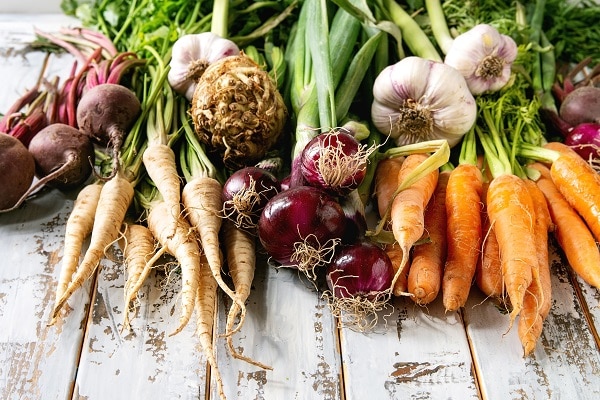The modern age, swathed in technological marvels and rapid advancements, has often made people overlook the basics. One of the most profound ways to ensure health, vitality, and wellness has always been through food. The ancient wisdom that “food is medicine” isn’t just a mantra; it’s a lifestyle choice that can dramatically transform health outcomes. By curating a pantry filled with holistic and healing foods, it’s possible to create a daily regimen that actively supports and enhances well-being. This guide will delve into some of these nourishing staples and reveal how they contribute to a balanced, healthy life.
Contents
Whole Grains

Whole grains, unlike their refined counterparts, retain all parts of the grain. This means they are rich in fiber, essential minerals, and a plethora of nutrients that can aid in heart health, stabilize blood sugar, and keep digestive systems functioning optimally. With chronic ailments such as heart diseases and diabetes becoming increasingly prevalent, integrating whole grains like quinoa, barley, and oats can act as a preventive measure. Their diverse range offers plenty of culinary possibilities, from morning porridges to savory dinner bowls.
Embracing whole grains doesn’t mean a total overhaul of one’s eating habits. Simple swaps can make a world of difference. For instance, opting for brown rice instead of white or choosing whole grain bread over white bread can make meals nutritionally richer. Moreover, whole grains have the added benefit of keeping one satiated for longer, assisting in weight management and reducing the urge to snack on unhealthy options. By placing whole grains at the center of the plate, not only does the nutritional profile of the meal improve, but it also brings a delightful variety of textures and flavors to everyday dishes.
Leafy Greens

Often heralded as nutritional powerhouses, leafy greens are a cornerstone of a holistic pantry. Their vibrant hues are indicative of the wealth of vitamins, minerals, and antioxidants they pack. Regular consumption can lead to strengthened immune function, enhanced energy levels, and even a reduced risk of chronic diseases. From spinach to kale and from arugula to Swiss chard, there’s a spectrum of greens to suit every palate and culinary need.
Incorporating more leafy greens into the diet doesn’t have to be a mundane chore. Smoothies, for example, offer a refreshing way to combine greens with fruits, seeds, and nut butters. A handful of spinach in a berry smoothie can uplift the nutrient quotient without altering the taste significantly. For those who prefer savory options, sautéed greens with garlic, tossed into salads, or even as fillings in wraps and sandwiches, can make regular meals nutritionally dense. Furthermore, leafy greens can often be grown at home, ensuring a fresh, pesticide-free supply right at one’s fingertips.
Berries And Fruits

Nature offers a bounty of berries and fruits, each bursting with a unique blend of vitamins, minerals, and antioxidants. These natural treats not only appeal to the taste buds but also play a pivotal role in the body’s cellular repair mechanisms. Blueberries, for instance, have been linked with cognitive improvements, while strawberries have compounds that are beneficial for skin health. With each season, there’s a new set of fruits to enjoy, ensuring a varied intake of nutrients throughout the year.
Including a diverse range of berries and fruits in the diet is a delightful experience. Breakfast bowls can be adorned with a mix of fresh berries, giving a sweet and tart start to the day. Fruits can also be the mainstay of desserts, reducing the need for added sugars. Salads, too, can benefit from the inclusion of fruits, lending them a sweet contrast to savory ingredients. And for those on the go, fruit salads or dried fruit mixes can be a convenient, healthful snack.
Nuts And Seeds

Nuts and seeds may be small, but they pack a mighty nutritional punch. Rich in essential fatty acids, protein, and a range of vital minerals, they are indispensable for heart health, energy production, and overall well-being. Almonds, for instance, have been associated with lower cholesterol levels, while chia seeds are known to be a great source of omega-3 fatty acids and fiber. Regularly including diverse nuts and seeds in the diet ensures a balanced intake of healthy fats, proteins, and other vital nutrients.
Incorporating nuts and seeds into daily meals is a seamless endeavor. They can be sprinkled over salads, stirred into yogurts, or simply munched on as a snack. Homemade trail mixes, combining various nuts with dried fruits, can be a powerhouse of nutrition for midday hunger pangs. Additionally, nut butters, like almond or cashew, can be slathered on toast or used in sauces, offering both nutrition and a creamy texture to dishes.
Fermented Foods

The gut is often considered a second brain, given its profound impact on overall health. Fermented foods, teeming with beneficial probiotics, play a crucial role in maintaining a balanced gut microbiome. These foods, like kimchi, sauerkraut, and yogurt, introduce beneficial bacteria to the digestive system, aiding in digestion and potentially bolstering the immune system. With the increasing understanding of the gut-brain connection, the importance of fermented foods has been brought to the forefront of holistic health.
Diversifying the intake of fermented foods is not just good for the gut but also introduces a variety of flavors to the palate. A side of kimchi can spice up a regular meal, while yogurt can be the base for smoothies, dips, or desserts. Kombucha, a fermented tea, can be a refreshing beverage with potential health benefits. The effervescence and tanginess of these fermented delights add layers of flavor to meals, making them both healthful and gastronomically pleasing.
Root Vegetables

Root vegetables, often tucked away beneath the soil, are a treasure trove of nutrition. Beets, carrots, and sweet potatoes, to name a few, come loaded with essential vitamins, minerals, and fiber, providing sustained energy and supporting various bodily functions. From aiding vision with the beta-carotene in carrots to supporting heart health with the potassium in sweet potatoes, these subterranean gems cater to a wide spectrum of health needs.
Their versatility in the kitchen is equally impressive. Roasting brings out the natural sweetness of these vegetables, making them a perfect side dish. They can be pureed into soups, offering warmth and nutrition in a bowl. Those looking for low-carb alternatives might find joy in spiralized beet or zucchini noodles, adding both color and health to their plates. The rich, earthy flavors of root vegetables provide a grounding and nourishing base to countless recipes, from salads to baked goods.
Fatty Fish

The deep blue seas offer more than just a vast expanse; they bring to the table fatty fish, renowned for their omega-3 fatty acid content. Species like salmon, mackerel, and sardines aren’t just delicious but are also integral for cognitive and heart health. Omega-3s have been shown to reduce inflammation, lower the risk of heart disease, and even support mental well-being. Therefore, consuming fatty fish can be a holistic approach to ensuring balanced nutrition.
However, while embracing the health benefits of fatty fish, it’s essential to consider sourcing. Sustainable fishing practices ensure the aquatic ecosystem’s health and longevity. By opting for wild-caught or responsibly farmed fish, one can relish the taste and nutritional benefits without compromising the environment. Furthermore, fatty fish can be grilled, baked, or even enjoyed raw in dishes like sushi, making them a versatile addition to the culinary repertoire.
The Bottom Line
The journey through a holistic pantry underscores the profound connection between food and well-being. Each food group, be it grains or greens, roots or fruits, has a unique role, catering to specific health needs and ensuring a balanced intake of nutrients. By consciously choosing these healing foods, it becomes possible to craft a diet that is not just about satiety but about nurturing the body and mind. With the wisdom of ancient traditions and the backing of modern science, embracing a holistic pantry is an invitation to a healthier, more harmonious life.


